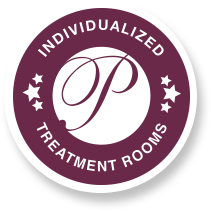Is Dry Mouth Really So Bad?
Do you take medications that cause dry mouth? Xerostomia (dry mouth) is one of the most common side effects of prescription and over the counter medications, but it is also linked with conditions like cancer, or radiation treatment. Other times, people naturally have a drier mouth as they get older.
But is this really a problem?
Sure, having a dry mouth can make it uncomfortable to eat certain foods, or even more difficult to speak. But xerostomia is actually dangerous for your teeth. Here’s why:
Saliva plays a key role when it comes to keeping our teeth lubricated. As it washes over our teeth throughout the day, it rinses away excess acids from the food that we eat. Even if you eat a balanced diet that’s low in sugar, a decreased salivary flow means that acidic biofilm has a longer contact time with your teeth.
As a result, we start to see problems like:
• Root caries – cavities along the root surfaces of teeth, in the
presence of gum recession
• Rampant tooth decay across healthy enamel surfaces
• Wear and erosion of the enamel, due to weakened teeth
How You Can Prevent Tooth Decay
The number one recommendation we give our patients is to drink plenty of fluoridated tap water. This rinses the teeth throughout the day, when saliva can’t. Dry mouth rinses may also be helpful, along with sugar-free gum to stimulate salivary production.
It may be necessary to prescribe a fluoride supplement to use once a day. Prescription strength fluoride helps to remineralize enamel that is more susceptible to decay. Dr. Paul Matthew recommends using the fluoride at night before you go to sleep, when salivary flow is at its lowest.
Dry mouth sufferers – stop tooth decay before it gets out of hand. Call Dr. Paul Matthew for a consultation, today.






